
Hãy nhập câu hỏi của bạn vào đây, nếu là tài khoản VIP, bạn sẽ được ưu tiên trả lời.


a: \(=\dfrac{x^3+2x+2x-2-x^2-x-1}{\left(x-1\right)\left(x^2+x+1\right)}\)
\(=\dfrac{x^3-x^2+3x-3}{\left(x-1\right)\left(x^2+x+1\right)}=\dfrac{x^2+3}{x^2+x+1}\)
b: \(=\dfrac{x^2-2x-3+x^2+2x-3+2x-2x^2}{\left(x-3\right)\left(x+3\right)}\)
\(=\dfrac{2x-6}{\left(x-3\right)\left(x+3\right)}=\dfrac{2}{x+3}\)
c: \(=\dfrac{6-7+x}{3\left(x-1\right)}=\dfrac{x-1}{3\left(x-1\right)}=\dfrac{1}{3}\)
d: \(=\dfrac{x^3+2x+2x-2-x^2-x-1}{\left(x-1\right)\left(x^2+x+1\right)}=\dfrac{x^3-x^2+3x-3}{\left(x-1\right)\left(x^2+x+1\right)}=\dfrac{x^2+3}{x^2+x+1}\)

\(a,=\dfrac{x^3+2x}{\left(x-1\right)\left(x^2+x+1\right)}+\dfrac{2}{x^2+x+1}-\dfrac{1}{x-1}=\dfrac{x^3+2x+2x-2-\left(x^2+x+1\right)}{\left(x-1\right)\left(x^2+x+1\right)}=\dfrac{x^3+3x-3}{\left(x-1\right)\left(x^2+x+1\right)}=\dfrac{x^3+3}{\left(x^2+x+1\right)}\)


\(\Leftrightarrow\left(x-100\right)\left(\dfrac{1}{10}+\dfrac{1}{12}+\dfrac{1}{14}+\dfrac{1}{16}+\dfrac{1}{17}\right)=0\)
\(\Leftrightarrow x=100\) vì \(\left(\dfrac{1}{10}+\dfrac{1}{12}+\dfrac{1}{14}+\dfrac{1}{16}+\dfrac{1}{17}\right)\ne0\)
\(\Leftrightarrow S=\left\{100\right\}\)

Câu 1:
a)2x-3=5
\(\leftrightarrow\)2x=5+3
\(\leftrightarrow\)2x=8
\(\leftrightarrow\)x=4
Vậy pt có tập nghiệm S={4}
b)(2x+1)(x-3)=0
\(\leftrightarrow\) 2x+1=0
Hoặc x-3=0
\(\leftrightarrow\)x=-1/2
x=3
Vậy pt có tập nghiệm S={-1/2;3}
d)3x-4=11
\(\leftrightarrow\)3x=11+4
\(\leftrightarrow\)3x=15
\(\leftrightarrow\)x=5
Vậy pt có tập nghiệm S={5}
e)(2x-3)(x+2)=0
\(\leftrightarrow\)2x-3=0
Hoặc x+2=0
\(\leftrightarrow\)x=3/2
hoặc x=-2
Vậy pt có tập nghiệm S={3/2;-2}
Câu 2:
a)2x-3<15
\(\leftrightarrow\)2x<15+3
\(\leftrightarrow\)2x<18
\(\leftrightarrow\)x<9
Vật bpt có tập nghiệm S={x|x<9}
c)5x-2<18
\(\leftrightarrow\)5x<20
\(\leftrightarrow\)x<4
Vậy bpt có tập nghiệm S={x|x<4}
Mấy bài phân số nhác gõ quá~

-Lưu ý: Chỉ mang tính chất tóm tắt lại bài làm, bạn không nên trình bày theo!
c/ △ABC có: BD, CE là các đường cao và BD, CE cắt nhau tại H.
\(\Rightarrow\)AH là đường cao mà AH cắt BC tại Q \(\Rightarrow\)AH⊥BC tại Q.
△BEC∼△BQA (g-g) \(\Rightarrow\dfrac{BE}{BQ}=\dfrac{BC}{BA}\Rightarrow\dfrac{BE}{BC}=\dfrac{BQ}{BA}\)
\(\Rightarrow\)△BEQ∼△BCA (c-g-c) \(\Rightarrow\)\(\widehat{BQE}=\widehat{BAC}\) (1)
△BDC∼△AQC (g-g) \(\Rightarrow\dfrac{BC}{AC}=\dfrac{DC}{QC}\Rightarrow\dfrac{BC}{DC}=\dfrac{AC}{QC}\)
\(\Rightarrow\)△DQC∼△BCA (c-g-c) \(\Rightarrow\)\(\widehat{DQC}=\widehat{BAC}\) (2)
-Từ (1) và (2) suy ra: \(\widehat{BQE}=\widehat{DQC}\Rightarrow\widehat{AQE}=\widehat{AQD}\)
\(\Rightarrow\)QA là tia p/g của góc EQD

4.2:
a: x^2-x+1=x^2-x+1/4+3/4
=(x-1/2)^2+3/4>=3/4>0 với mọi x
=>x^2-x+1 ko có nghiệm
b: 3x-x^2-4
=-(x^2-3x+4)
=-(x^2-3x+9/4+7/4)
=-(x-3/2)^2-7/4<=-7/4<0 với mọi x
=>3x-x^2-4 ko có nghiệm
5:
a: x^2+y^2=25
x^2-y^2=7
=>x^2=(25+7)/2=16 và y^2=16-7=9
x^4+y^4=(x^2)^2+(y^2)^2
=16^2+9^2
=256+81
=337
b: x^2+y^2=(x+y)^2-2xy
=1^2-2*(-6)
=1+12=13
x^3+y^3=(x+y)^3-3xy(x+y)
=1^3-3*1*(-6)
=1+18=19

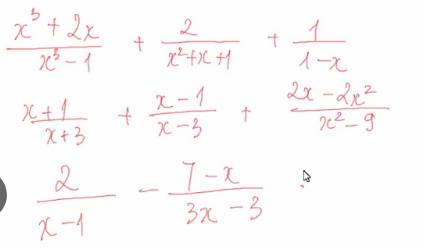
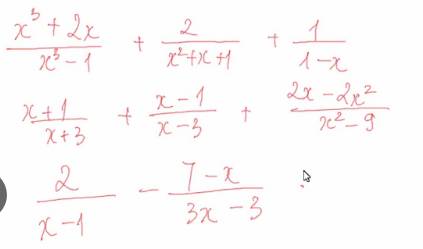
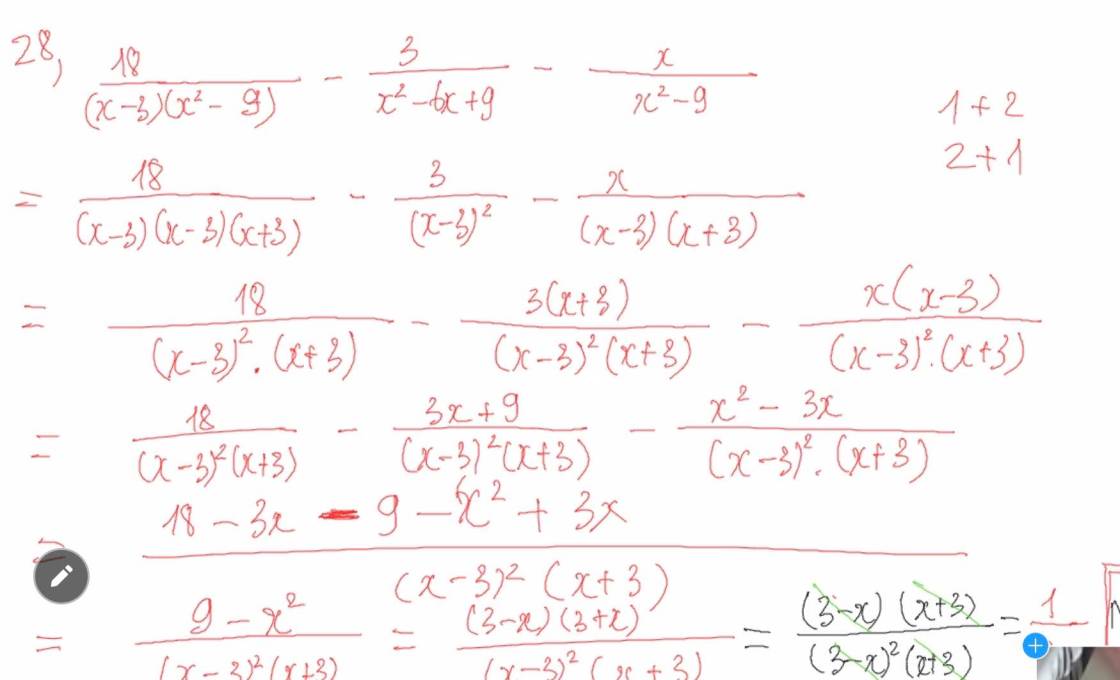
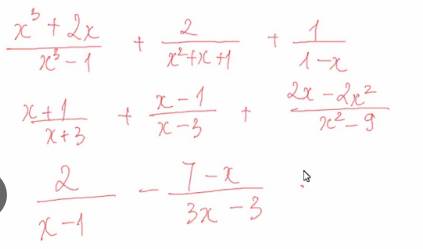


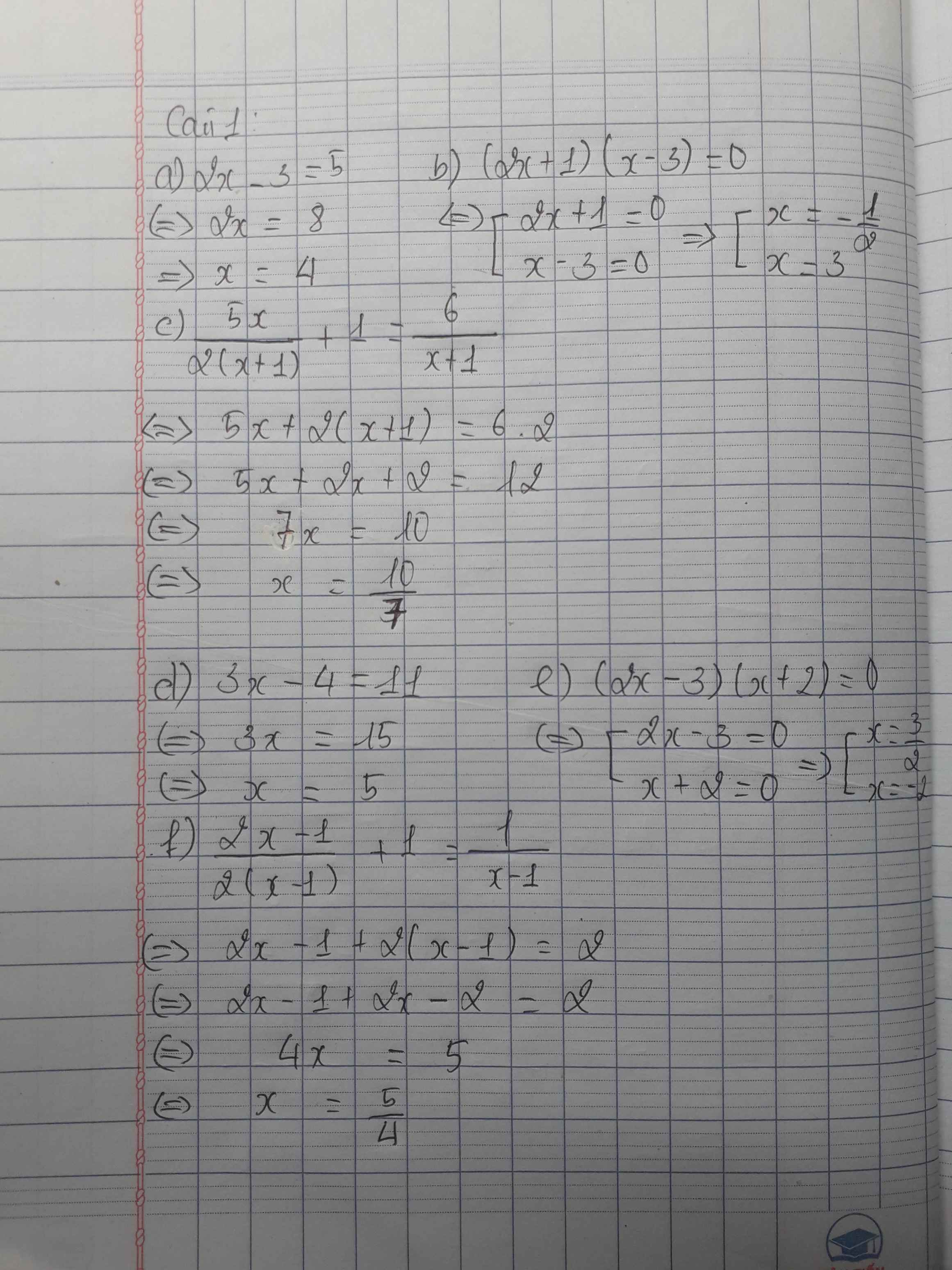
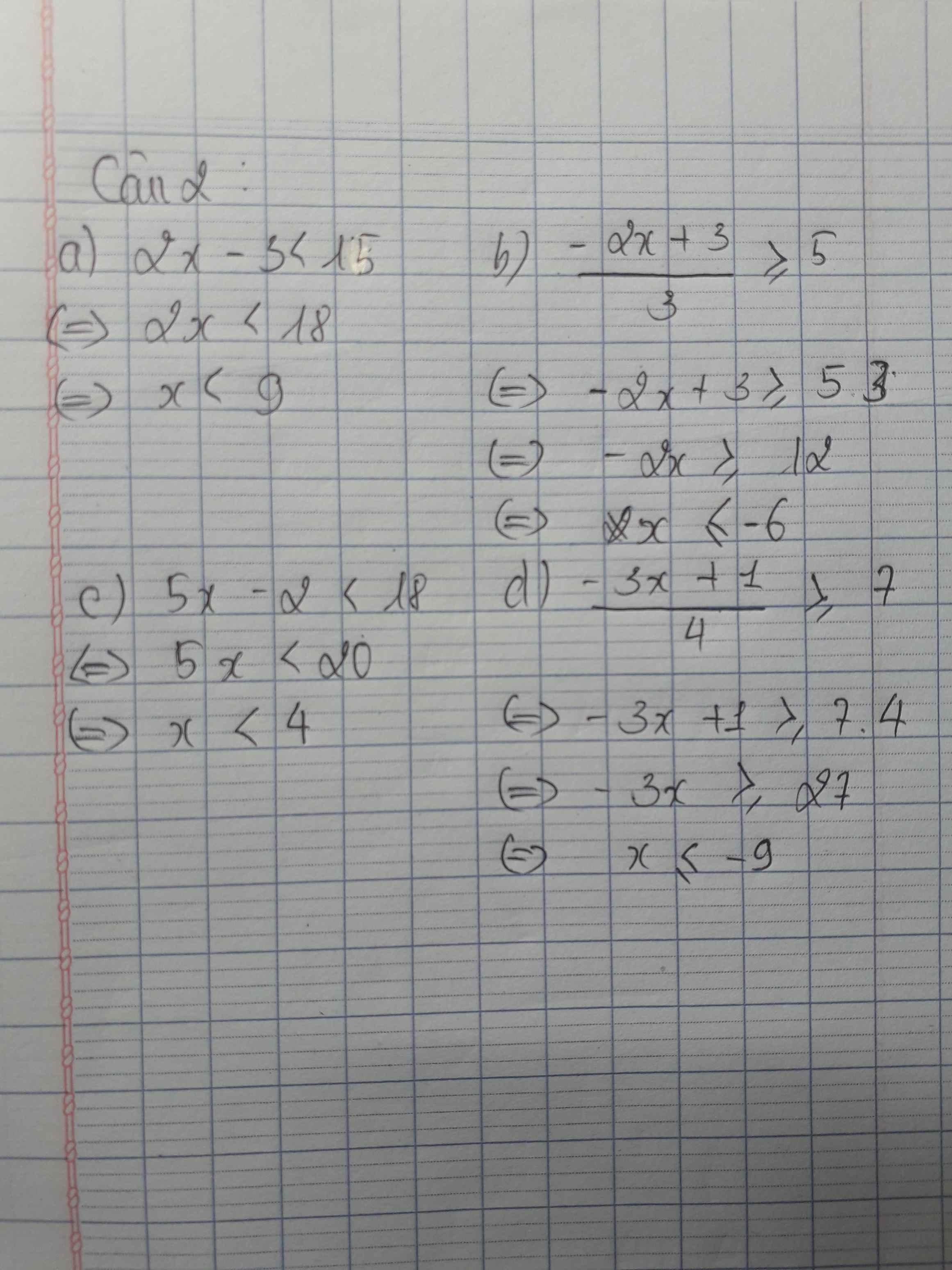
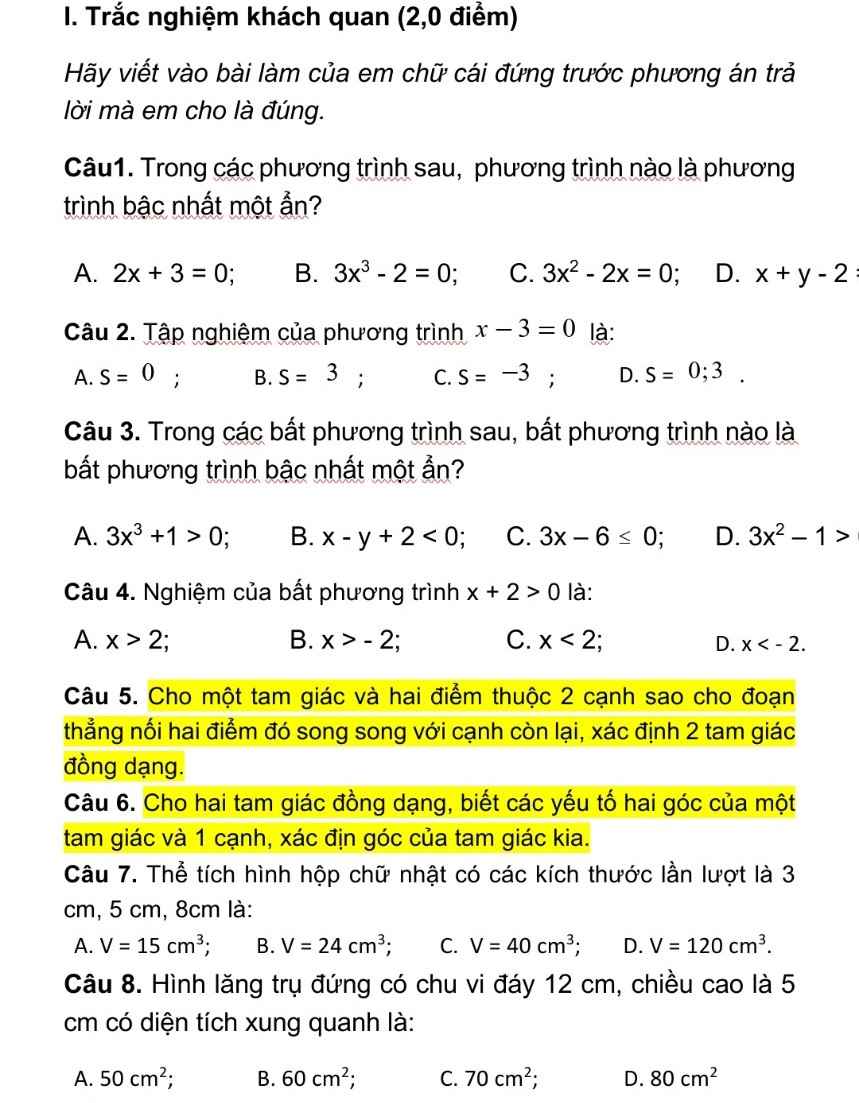

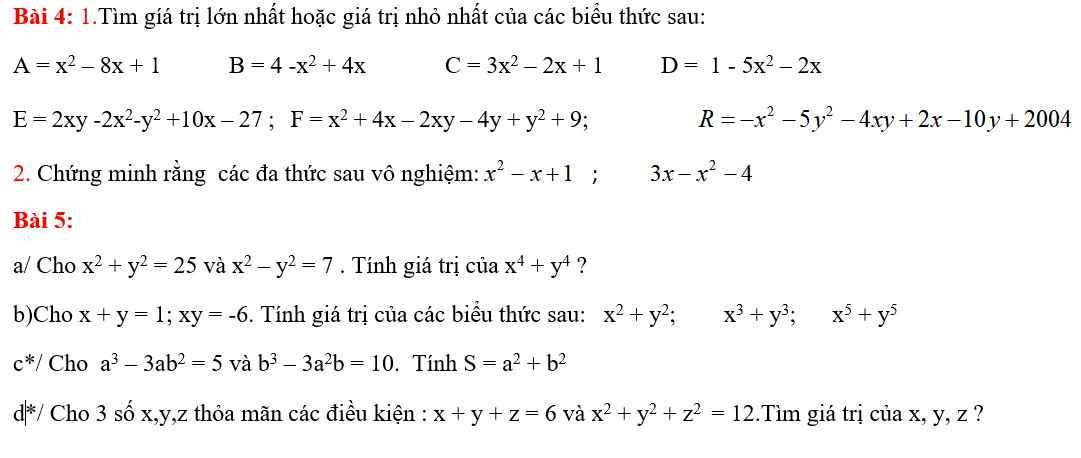
3: góc HEB+góc HAB=180 độ
=>HEBA nội tiếp
=>góc IHE=góc IAB
Xét ΔIHE và ΔIAB có
góc IHE=góc IAB
góc HIE=góc AIB
=>ΔIHE đồng dạng với ΔIAB
=>HE/AB=IH/IA
=>HE*IA=IH*AB